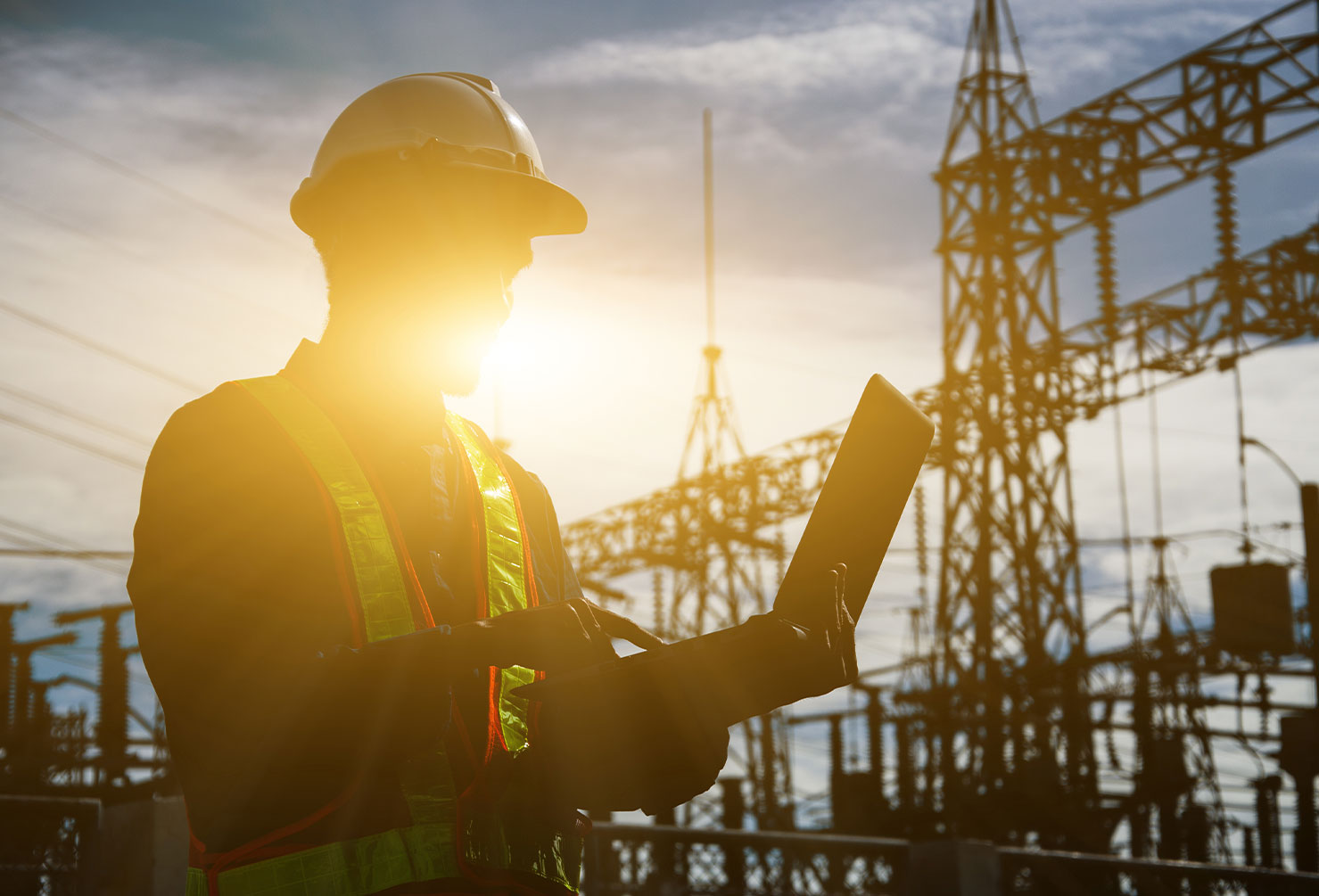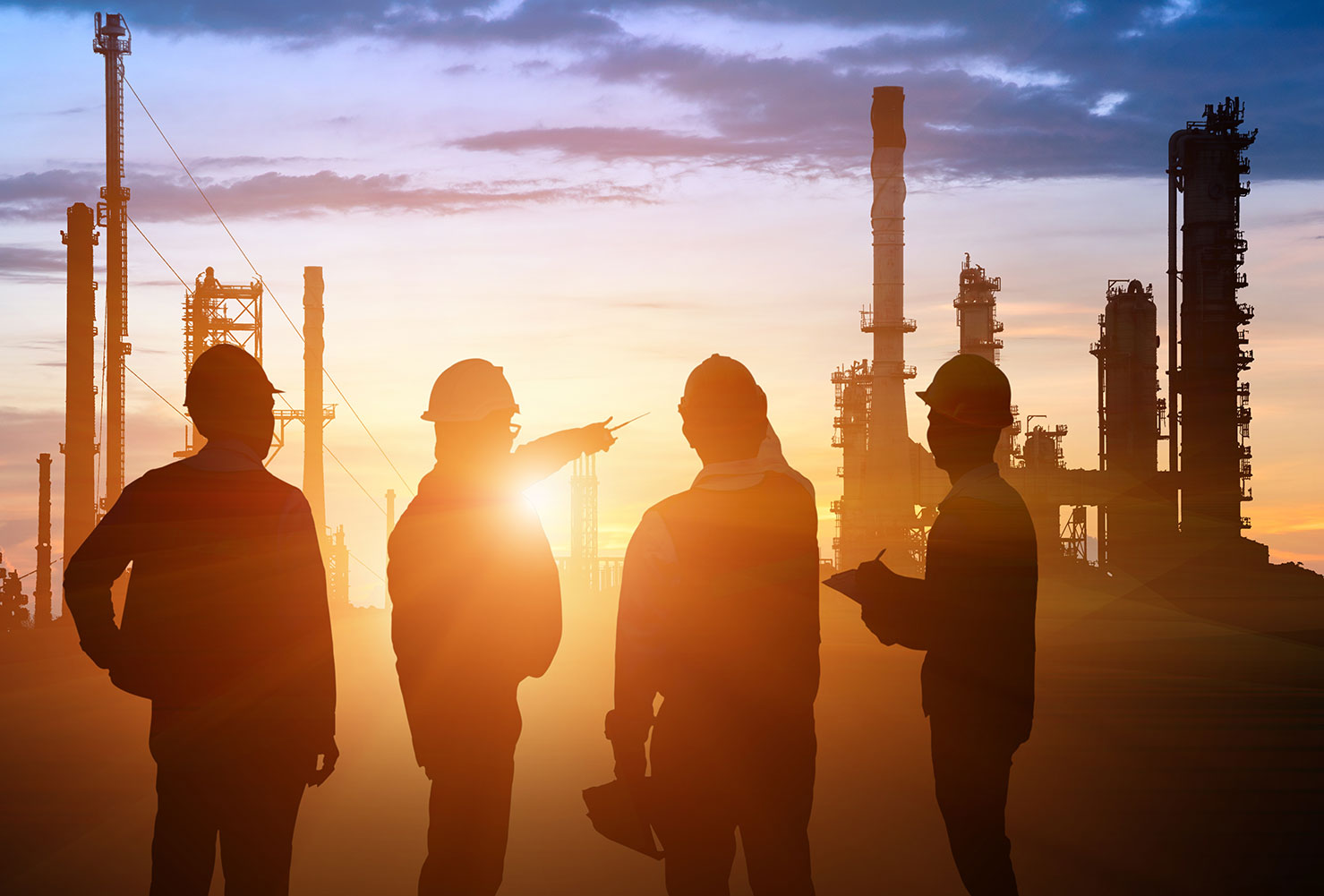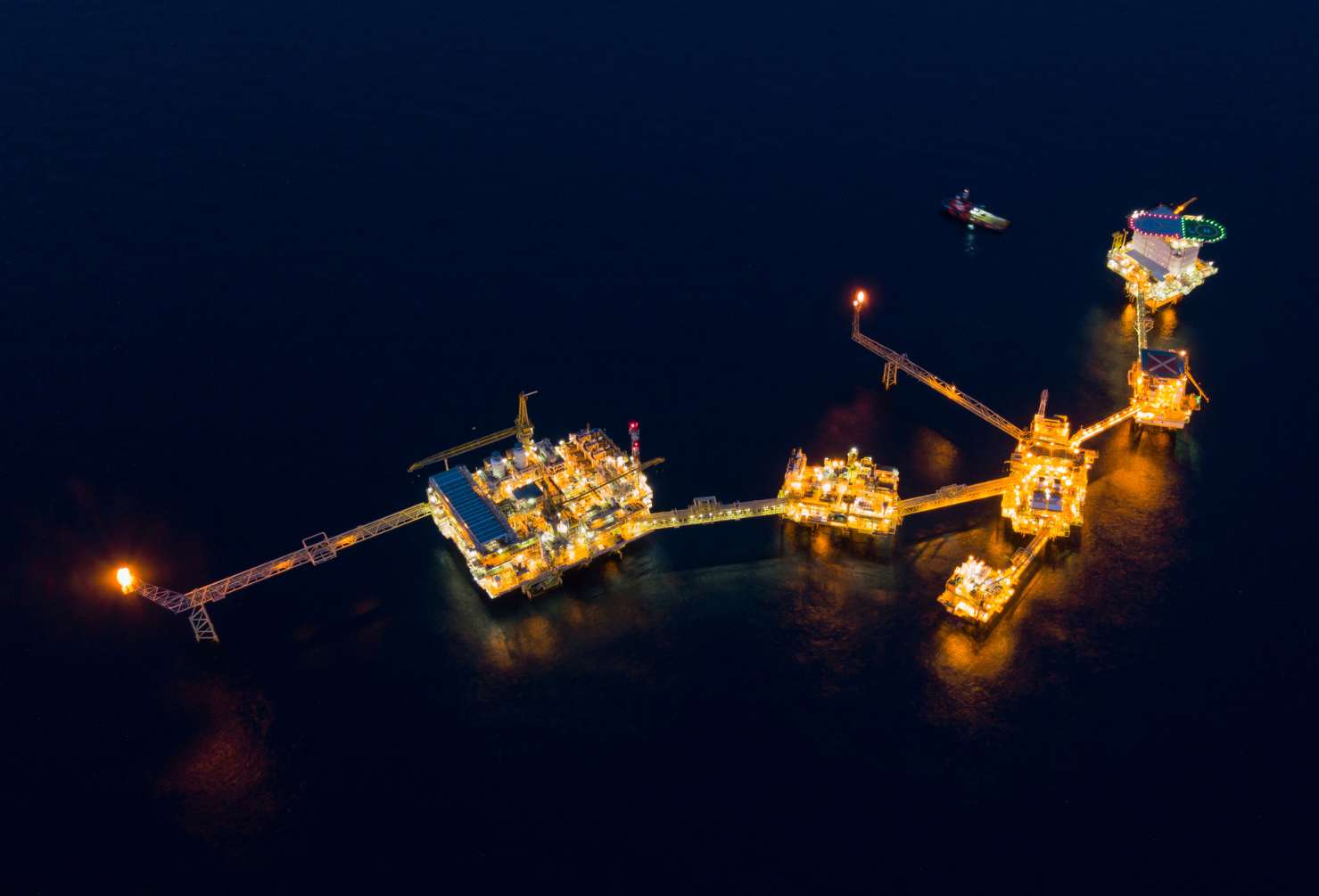
The oil and gas industry in Australia has always been a critical component of the nation’s economy, providing energy security and thousands of jobs. However, as the global energy landscape shifts towards more sustainable and technologically advanced solutions, the nature of engineering roles within the industry is evolving. Emerging engineering roles are becoming crucial as companies seek to stay competitive while adhering to new environmental standards and technological advancements. This blog explores some of these emerging roles and offers guidance on how engineers can prepare for these future demands.
The Changing Landscape of Engineering Roles
Australia’s oil and gas sector is experiencing a paradigm shift, driven by several key factors:
- Technological Advancements: Digitalisation is transforming how the industry operates, with technologies like artificial intelligence (AI), machine learning, and automation becoming more prevalent. As a result, new roles are emerging that require expertise in these technologies, alongside traditional engineering knowledge.
- Sustainability and Environmental Concerns: With increasing pressure to reduce carbon emissions and adopt sustainable practices, there is a growing demand for roles focused on environmental engineering, renewable energy integration, and sustainability management.
- Decommissioning of Aging Infrastructure: Many of Australia’s oil and gas assets are reaching the end of their operational life, creating a need for specialised engineers who can handle decommissioning projects, including dismantling infrastructure and restoring sites to their natural state.
Emerging Engineering Roles
Digital Engineers
Digital engineers are at the forefront of the industry’s technological revolution. These professionals are responsible for integrating digital technologies into oil and gas operations to enhance efficiency, safety, and productivity. Digital engineers work on developing and maintaining digital twins—virtual replicas of physical assets that can be used to simulate, analyse, and optimise operations. They also focus on implementing predictive maintenance systems using AI and machine learning to reduce downtime and improve operational reliability.
Skills Needed:
- Proficiency in data science, machine learning, and programming languages like Python and R.
- Experience with big data platforms and tools such as Hadoop and Spark.
- Knowledge of cloud computing and IoT (Internet of Things) for real-time monitoring and analytics.
Renewable Energy Engineers
As the oil and gas sector increasingly explores renewable energy sources, there is a growing need for engineers who can bridge the gap between traditional fossil fuel operations and renewable energy projects. Renewable energy engineers in the oil and gas industry focus on integrating alternative energy solutions, such as solar, wind, and hydrogen, into existing oil and gas infrastructure. They also work on developing hybrid energy systems that utilise both renewable and non-renewable sources to optimise energy production and reduce carbon footprints.
Skills Needed:
- Strong foundation in both traditional energy systems and renewable energy technologies.
- Experience in hybrid energy systems and energy storage solutions.
- Familiarity with environmental impact assessments and sustainability reporting.
Environmental Engineers
Environmental engineers play a crucial role in helping oil and gas companies meet increasingly stringent environmental regulations. They are responsible for designing and implementing systems that minimise environmental impact, manage waste, and ensure compliance with regulatory standards. Environmental engineers work closely with project teams to assess potential environmental risks, develop mitigation strategies, and monitor the impact of operations on the surrounding environment.
Skills Needed:
- Expertise in environmental science and engineering principles.
- Knowledge of environmental regulations and compliance requirements.
- Experience in conducting environmental impact assessments (EIAs) and developing environmental management plans.
Decommissioning Engineers
Decommissioning engineers are specialised professionals responsible for planning and executing the safe retirement of oil and gas infrastructure. This role involves dismantling offshore platforms, pipelines, and other facilities, as well as ensuring that the environment is restored to its natural state. Decommissioning engineers must consider various factors, including safety, cost, and environmental impact, when planning and executing decommissioning projects.
Skills Needed:
- Strong background in civil, mechanical, and environmental engineering.
- Experience with offshore and onshore decommissioning projects.
- Knowledge of regulatory requirements and best practices for decommissioning and site remediation.
Preparing for the Future
To thrive in these emerging roles, engineers must proactively prepare themselves for the future. Here are some key strategies to consider:
1. Continuous Learning and Upskilling
The rapid pace of technological change and evolving industry demands make continuous learning essential. Engineers should actively seek opportunities to upskill in areas such as digital technologies, environmental management, and renewable energy systems. Online courses, workshops, and certifications can provide valuable knowledge and enhance technical expertise.
2. Embracing Cross-Disciplinary Knowledge
The future of the oil and gas industry lies in interdisciplinary approaches. Engineers who possess a blend of skills across different domains—such as combining mechanical engineering with data science or environmental engineering with project management—will be better positioned to take on new roles. Embracing cross-disciplinary knowledge allows engineers to tackle complex challenges and drive innovation.
3. Networking and Professional Development
Building a strong professional network is crucial for career advancement. Engineers should actively participate in industry conferences, seminars, and professional bodies, such as Engineers Australia or the Society of Petroleum Engineers (SPE). Networking provides access to the latest industry trends and knowledge and opens doors to new job opportunities and collaborations.
4. Staying Abreast of Industry Trends
Engineers need to stay informed about the latest industry trends and developments. Reading industry publications, attending webinars, and participating in online forums can help engineers keep up with emerging technologies, regulatory changes, and best practices. Staying informed also enables engineers to anticipate future demands and adapt their skills accordingly.
5. Seeking Mentorship and Guidance
Mentorship can be invaluable for career development. Engineers should seek guidance from experienced professionals who can provide insights into emerging roles and offer advice on navigating the industry’s challenges. Mentorship can also help engineers build confidence and develop leadership skills, which are essential for advancing into more senior roles.
As the oil and gas industry in Australia continues to evolve, so too do the roles and opportunities available to engineers. By embracing new technologies, focusing on sustainability, and continuously developing their skills, engineers can position themselves at the forefront of a transforming industry. The future is full of possibilities for those willing to adapt, innovate, and lead the way in meeting the challenges and opportunities of the future.





